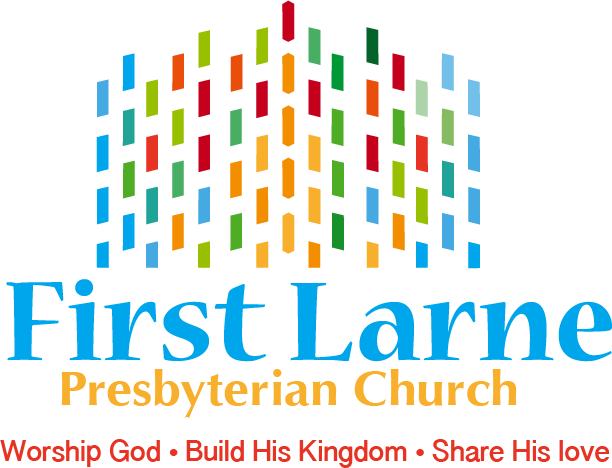Bible Meditation

Maybe you have never thought of attempting meditiation on the Bible. Meditation seems to be a rather mystical method so often associated with eastern religions that we are not sure if it is for Christians.
Beverley Shepherd sees life-affirming value in using and keeping healthy "neural motorways of trust and confidence in the living God."
Biblical Meditation
Blessed is the one
...whose delight is in the law of the LORD,
and who meditates on his law day and night.
That person is like a tree planted by streams of water,
which yields its fruit in season
and whose leaf does not wither -
whatever they do prospers.
Psalm 1:1-3
We live on autopilot for a large proportion of each day. This is because the neural pathways in our brain operate under the law of least effort, or the path of least resistance. The most worn path is the strongest and easiest to travel. This allows us to conserve mental energy and respond quickly to life experiences. These neural pathways are the basis of our habits of thinking, feeling, and acting, many of which were established in childhood.
It’s all too easy, with the pressures of life, for negative patterns to be established. The aim of resilience practices is to renew our mind, to rewire the neural circuitry, and to change our default settings from doubt to faith, from fear to love, from anxiety to security.
In The Spirit of the Disciplines, Dallas Willard points out the need for this re-wiring: ‘The normal course of day-to-day human interactions locks us into patterns of feeling, thought, and action that are geared to a world set against God.’
For many of us, those interactions take place at work. Over time we cannot but help be impacted by the values and priorities that operate in our working environment. Often there is a level of noise and activity that can, all too easily, pull us in to a worry-filled life – a life where we feel distracted and fragmented, pulled in many directions simultaneously. Psalm 1 depicts the way of the wicked as chaff – blown around by every gust of wind. As John Stott explains in his commentary: ‘The basic idea behind the Hebrew word for the wicked appears to be one of “restlessness”. The tree is planted firmly; but the chaff is unstable.’
The psalmist offers us an alternative to this restless unstable existence, but it will take practice, day and night. The way to become resilient and flourishing, even in drought, is to meditate on God’s word – to prayerfully and steadily focus on the Spirit-breathed text, allowing God to speak into the depths of our heart, mind, and soul. Over time, anxiety-tarmacked neural pathways are bypassed in favour of our newly established neural motorways of trust and confidence in the living God. We become firmly planted by streams of living water.
Beverley Shepherd
Prayer Journeys Project Leader, LICC


